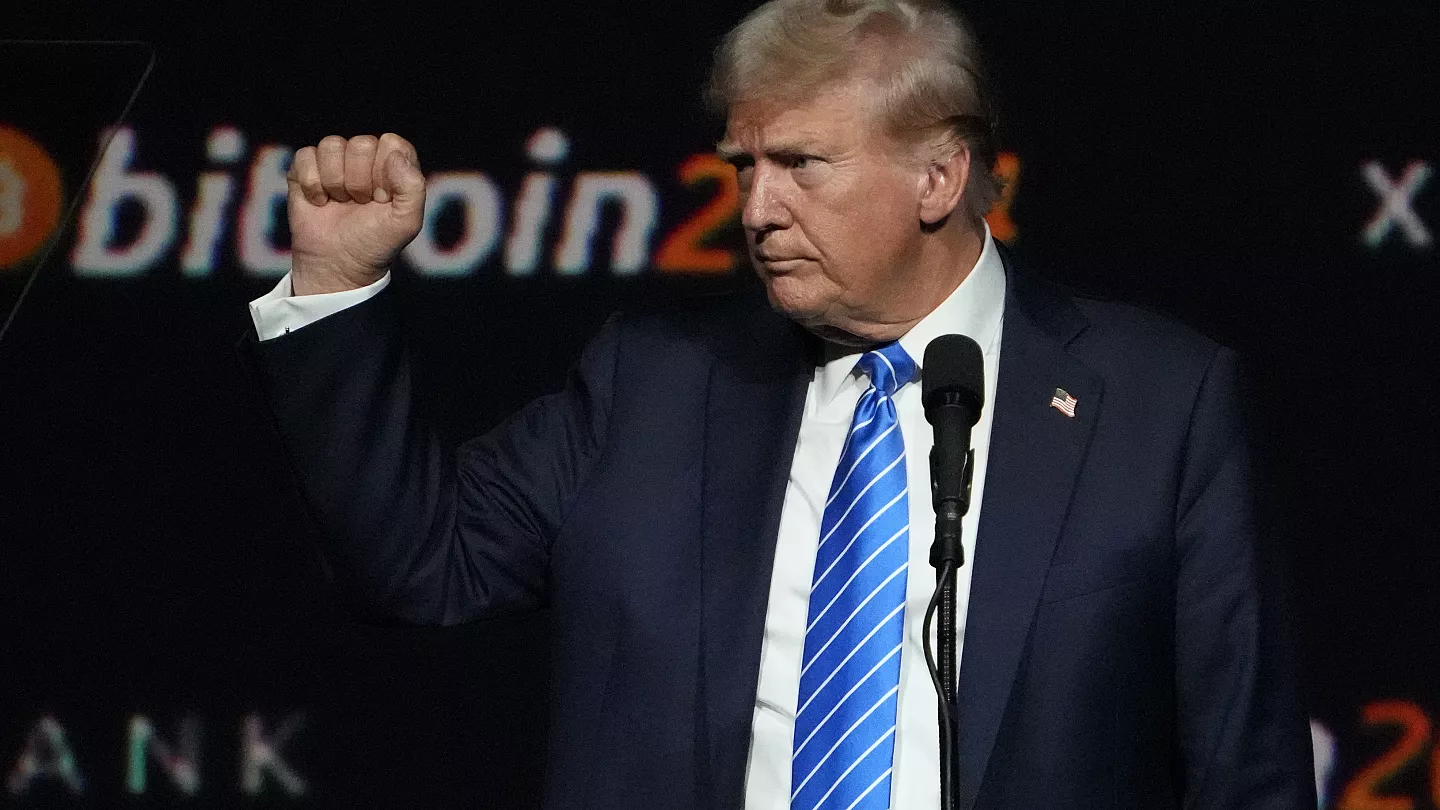The 2024 US elections are about much more than choosing a president; they could change the way cryptocurrency is regulated and used for years to come. With both the presidency and Congress up for grabs, the fate of crypto policies rests in the hands of voters. This article breaks down why the results matter for cryptocurrency, highlighting key elections that could make or break new laws that impact digital assets.
Why You Should Care About Crypto and Elections
If you’re a 20-year-old interested in the future of money, tech, and innovation, understanding how elections shape crypto policies is crucial. Cryptocurrency and blockchain technology are still in their infancy, and the laws that govern them are still being written. These laws can either fuel or stifle the growth of this revolutionary sector. By staying informed about how politics and crypto intersect, you’re positioning yourself as someone who understands both the present and future of financial technology.
Key Election Outcomes and Their Impact on Crypto
- The Senate: Power to Decide Crypto’s Future
Right now, the Democrats control the Senate by a slim margin, but that could change depending on the November 2024 elections. Why does this matter? The Senate controls key committees that decide what crypto-related bills get discussed and voted on. For instance, Ohio’s Senate race is a major one for crypto lovers. The current chair of the Senate Banking Committee, Democrat Sherrod Brown, has been a vocal skeptic of crypto. If Republican Bernie Moreno wins, he could bring more pro-crypto policies to the Senate.
Additionally, a Republican-controlled Senate could push for stronger pro-crypto legislation, especially with the creation of a potential crypto subcommittee, which would focus on issues like regulation and innovation. On the other hand, if Democrats hold on to the Senate, we might see more cautious approaches to crypto regulation, though they’re still open to developing balanced policies.
- The House of Representatives: Where Crypto Bills Begin
In the House of Representatives, there are 435 seats that could be filled with lawmakers who either support or oppose crypto. The House plays a major role in creating and moving forward legislation that impacts the industry. If Republicans win control, it’s likely that Representative Patrick McHenry will continue to push for stablecoin legislation and stronger crypto protections. If Democrats take back the House, Representative Maxine Waters might lead the charge on crypto policies, and the approach could be more focused on regulation and oversight.
But here’s why this matters to you: These lawmakers’ decisions will directly impact how you can use crypto, how it’s taxed, and how it’s integrated into the broader economy. Understanding these races lets you know who’s fighting for policies that make crypto more accessible or restrictive.
- The Presidency: The Crypto Commander-in-Chief
The president has a huge influence on the direction of crypto policy, particularly through their ability to appoint key regulators like the chair of the Securities and Exchange Commission (SEC). For example, former president Donald Trump has promised pro-crypto policies, such as firing Gary Gensler, the current SEC chair, who has been criticized by the crypto community for his stance against many crypto projects.
Trump’s approach to crypto could encourage more growth by reducing regulations. In contrast, Vice President Kamala Harris hasn’t made crypto a centerpiece of her campaign, but she’s indicated that she would support the industry. The presidential race is essential because whoever wins could set the tone for how crypto is regulated for the next four years.
Key Words to Remember:
- FIT21: A major crypto bill aimed at bringing clear regulations to the sector, passed by a Republican-led House. Its fate depends on the election results.
- SEC (Securities and Exchange Commission): The body responsible for enforcing securities laws and overseeing the crypto market. Who controls the presidency will determine who leads the SEC.
- Stablecoin: A type of cryptocurrency pegged to a stable asset (like the US dollar). Legislation on stablecoins could affect how you use digital currencies.
- Subcommittee: Small groups in Congress that focus on specific issues. A crypto subcommittee could lead to faster, more targeted legislation for crypto.
Why This Matters for Your Future
The outcome of these elections could make or break the future of crypto. Pro-crypto policies could lead to more widespread adoption of digital currencies, more jobs in blockchain-related fields, and a new economy built on decentralized technologies. Conversely, strict regulations or lack of support could slow down progress, making it harder for projects to grow and for you to benefit from emerging opportunities.
As a young person in today’s digital age, understanding how the political landscape affects the tech and financial industries will give you a competitive edge. Whether you want to invest in crypto, build a career in blockchain, or simply understand the forces shaping the future of money, staying informed about these elections is key. The decisions made now will affect not just your financial future, but how technology evolves in the years ahead.
In short, the 2024 election isn’t just about who sits in the White House or Congress—it’s about the future of cryptocurrency. Your knowledge now will help you make better decisions, whether as an investor or someone shaping the next wave of digital innovation. Keep an eye on these races—they matter more than you might think.



